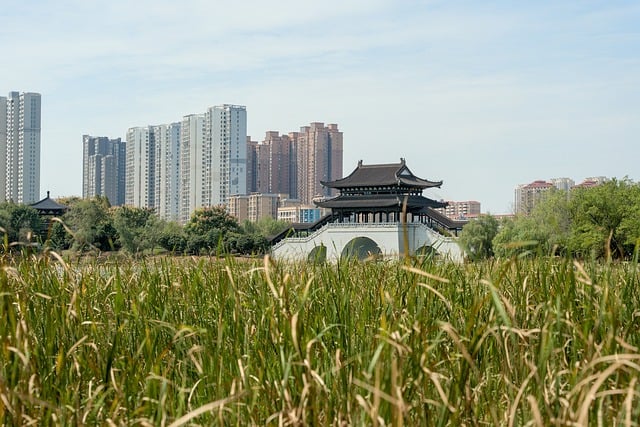In an age where environmental concerns are at the forefront of global discussions, communities have an invaluable opportunity to foster ecological balance right in their own backyards. Eco-friendly gardening is not just a trend; it is a call to action for those who wish to reconnect with nature while nurturing their communities. By adopting green practices in gardening, individuals can create not only beautiful spaces but also contribute to a healthier ecosystem.
Imagine walking through a neighborhood where vibrant gardens overflow with native plants, attracting butterflies and bees. This beautification does more than please the eye; it plays a crucial role in supporting local biodiversity. By choosing to grow native plants, we can establish habitats that encourage insects, birds, and other wildlife, weaving a web of ecological balance in our immediate community.
Moreover, eco-friendly gardening promotes sustainable practices that significantly benefit the environment. For instance, employing organic methods reduces the reliance on harmful pesticides and herbicides, which can leach into the soil and waterways. Composting kitchen scraps and yard waste creates nutrient-rich soil, minimizing the need for chemical fertilizers. These practices not only enhance garden productivity but also foster a deeper connection to the cycles of nature.
Community gardens are an excellent example of harnessing ecological balance through collective efforts. By nurturing these shared spaces, neighbors can work together to cultivate a variety of plants while sharing knowledge about sustainable techniques. Such collaborations don’t just enhance personal gardens; they foster a sense of community pride and strengthen social bonds that are essential for resilience.
Incorporating rain gardens or pollinator gardens within community spaces can also significantly contribute to ecological health. These gardens are designed to manage stormwater, preventing runoff and reducing erosion. They serve as a sanctuary for pollinators, crucial for maintaining the food chain and biodiversity in our environment. In fostering these habitats, we provide vital resources for creatures that play an important role in agricultural production and plant reproduction.
Furthermore, engaging local schools or community groups in gardening projects can instill a sense of responsibility towards the environment in future generations. Workshops on eco-friendly gardening practices can empower individuals with the knowledge needed to make a positive impact. Children learning about growing their own food or observing the life cycles of plants will carry these lessons into adulthood, perpetuating the cycle of stewardship over our fragile ecosystems.
In addition, local gardeners can play a vital role in educating others on the importance of ecological balance. Hosting events or sharing tips on social media can inspire more community members to embrace eco-friendly gardening. Simple practices, such as creating habitats for wildlife, planting trees, or minimizing water usage through xeriscaping, can lead to ripple effects throughout the community. By fostering conversations about ecological balance, we initiate a collective movement toward more sustainable living.
As we move towards a more eco-conscious society, each of us has a role to play in promoting ecological balance. Whether through personal gardens, community projects, or educational initiatives, eco-friendly gardening offers a pathway to harmonize our lives with the natural world. By taking action today, we ensure that future generations inherit not only lush landscapes but a thriving ecosystem that supports life in all its forms.




